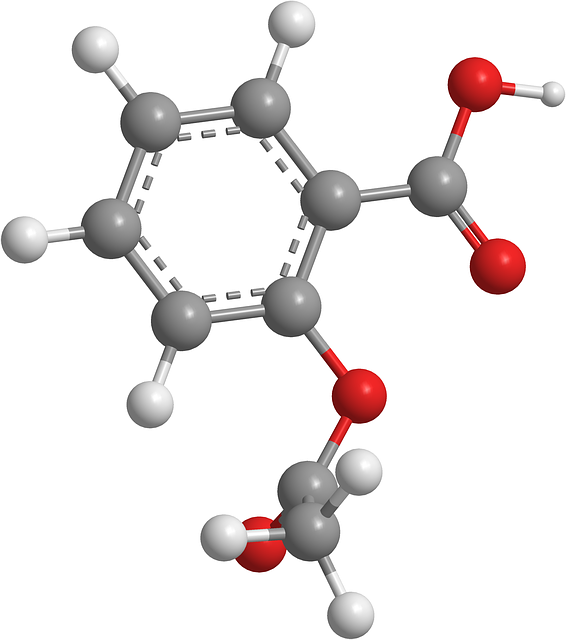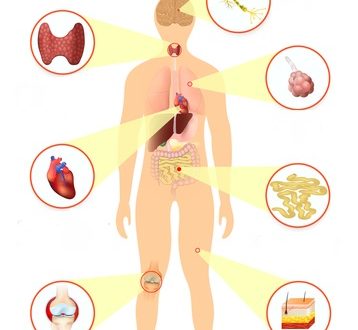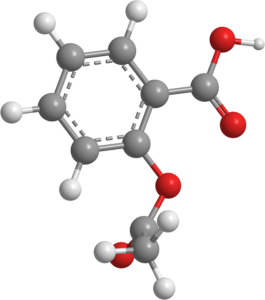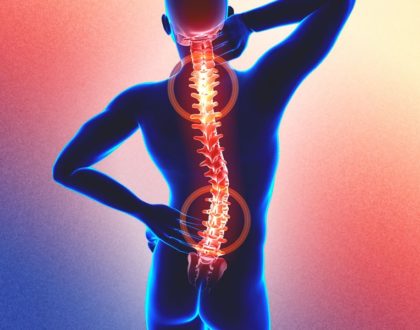Aspirin can be a life saver, but only if you are taking the right dose!!

Aspirin is a life saver beyond its benefits in heart attacks
When it comes to aspirin use for the prevention of cardiovascular events, one dose does not fit all!! We are all familiar with the recommendation of taking a baby aspirin per day to help prevent heart attacks and strokes after some arbitrary age is reached (usually 40 if family history of heart problems or one of the risk factors [obesity, inactivity, smoking, etc], or 50 if no family history or risk factors). First of all, baby aspirins, just due to the fact that they are smaller than the common dose (89 mg vs 325 mg) of aspirin available over the counter, are way more costly than they need to be. The second problem with baby aspirin is that according to this large new study just concluded and published in Lancet, most people are not getting the full benefit of this drug, and may actually be getting some harm.
First a quick run down of what we know about aspirin. The amazing aspirin derived from the bark of the willow tree is a powerful analgesic due to its ability to shut down pathways that lead to synthesis of inflammatory mediators such as leukotrienes and prostaglandins. These molecules provide protections to the gut, and when taking aspirin these protections are not as strong and the gut ends up getting damaged by its own digestive juices.
When we are able to tolerate the dose of aspirin however, there is significant positive benefits:
Aspirin has the ability to lower the stickiness of blood and platelettes in general and therefore results in thinner blood that is less likely to clot at the usual speeds. This is quite beneficial for a number of reasons. As we get older, the blood volume goes down and the blood is thicker, which isnt a good thing but happens with aging. The reduction in platelette stickiness reduces the chances of a thrombi or blood clot forming somewhere in the body and causing a heart attack, a stroke, or a pulmonary emboli, all of which can be lethal, and certainly life changing.
Aspirin has also been shown to have the ability to kill some cancer cells. While I was in the lab and working on a biological process call programmed cell death or apoptosis, we had this hybrid cell line that we used to do some of our studies on. An experiment I did in 95 to see aspirins ability to kill a cell line thymoma (a fusion of thymus cell and tumour cells line) worked amazingly well. It was to the best of my knowledge the first time aspirin was used to kill a cancerous cell line. since then there have been many experiments in which cancer cells are susceptible to destruction with this drug, or become susceptible to the drugs being used to kill them once some aspirin is added to the mix!
But if a person weighs over 70 kg and takes a baby aspirin, they may not be getting any of the benefits of this compound. It turns out 70 kg is the cut off weight for taking one or two baby aspirins per day so if a person weighs more than 70 kg, they may need to double up on their baby aspirin vs say a person who is below 70 kg in weight such as many women.
Several years ago I came to realize that a baby aspirin might not be doing me any good, so I decided to take a regular aspirin which is 352 mgs, bit it in half, and put half of the pill back in the box for next time and take the half that broke off in my mouth. I have been taking either a baby aspirin per day or a half of a full aspirin per day for a number of years as a way to ward off cancer, to keep the blood from getting too sticky, and of course for the increased probability of lowering certain cardiovascular events.
Aspirin is amazing and has many wonderful health benefits, but not if its concentration in our blood is not high enough to provide protection.
Recommended Posts

Unlocking Relief: How Acupuncture Can Be Your Ally in Managing Chronic Conditions such as Pain, Anxiety, Low Energy, Insomnia, and so much more
May 12, 2025

Acupuncture for Stress and Anxiety
March 8, 2025


